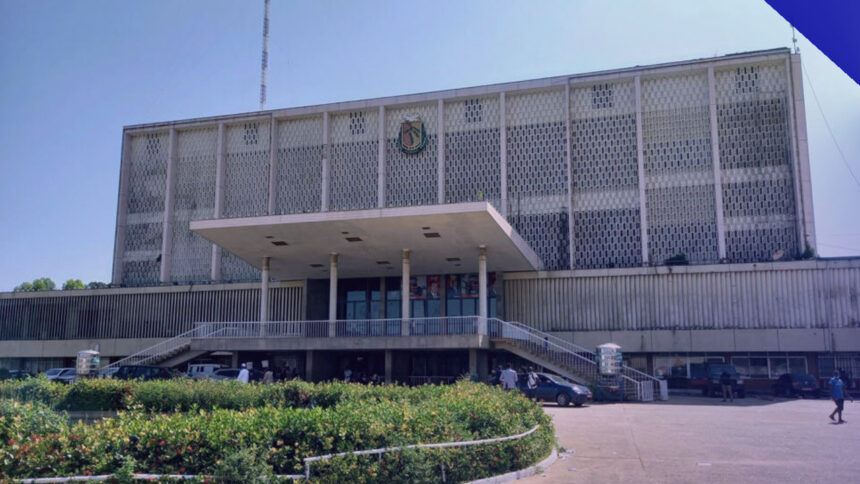On May 11, 2023, the transitional government’s legislative body held a plenary session to approve the timeline for Guinea’s return to constitutional order. However, the vote resulted in a surprise despite widespread anticipation.
With three votes against and one abstention, the overwhelming majority of councilors gathered for the National Transitional Council (CNT) plenary session ultimately endorsed the proposed timeline. However, there was a subtle modification—the transition period was shortened to 36 months, down from the 39 months initially suggested by Lieutenant Colonel Doumbouya, the leader of the junta.
Dissenting Voices
Representatives from various committees within the transitional legislative body took turns describing the debates held earlier that morning. Some councilors advocated for a swifter exit from the state of emergency, while others raised questions regarding the procedures and the CNT’s legitimacy in unilaterally approving the transition program.
It is worth noting that these discussions were convened hastily. In a televised statement released the previous evening, the President of the CNT had announced the plenary session scheduled for Wednesday afternoon. The session lasted barely two hours. Within the People’s Palace, applause occasionally erupted from councilors in favor of the vote. During the show of hands, a forest of raised arms suddenly faced the President of the National Transitional Council.
However, dissenting voices were also heard. Only three councilors voted against the proposal. Tensions occasionally flared, as demonstrated when Mamadou Faza Baldé left the session prematurely after a heated exchange with the CNT President. He had sought to speak but ultimately chose to exit the room as he was denied the opportunity. He expressed frustration, stating, “The procedures leading up to this plenary session were biased from start to finish. We cannot be summoned to committee work in the morning on such crucial matters and then, at 4 p.m., be asked to enter a room to vote on a document whose content we do not know.”
Some councilors described similarly spirited discussions that took place in the morning. “For us, the priority was the necessity of certain activities that are indispensable if we are to succeed in this transition, particularly in the context of establishing transparent, free, and uncontested elections,” explained Ibrahima Sorel Keita, President of the Foreign Affairs Committee of the CNT.
G58 and FNDC Reject the Timeline
The leading political parties forming the G58 alliance have rejected any transition timeline approved solely by the National Transitional Council (CNT) on Wednesday. The political class argues that the CNT lacks both the authority and legitimacy to determine the transition’s duration. The political parties within the G58 alliance insist that the transition timeline must be agreed upon through a collective dialogue with them.
“The CNT, to which the power to make decisions is being granted today, does not possess this prerogative in any way. The CNT’s role is clear—it legislates in place of a national assembly. The way forward is inclusive dialogue, bringing together the CNRD, the political class, and social actors, along with the international community. The choice of duration, as stipulated by Article 77 of the charter, belongs to the CNRD and the nation’s vital forces, including political actors and civil society,” responded Joachim Millimono, Communication Director of UFDG, a G58 signatory.
In the evening, the FNDC announced its rejection of the transition period’s duration and plans to organize protests to make its stance heard.







